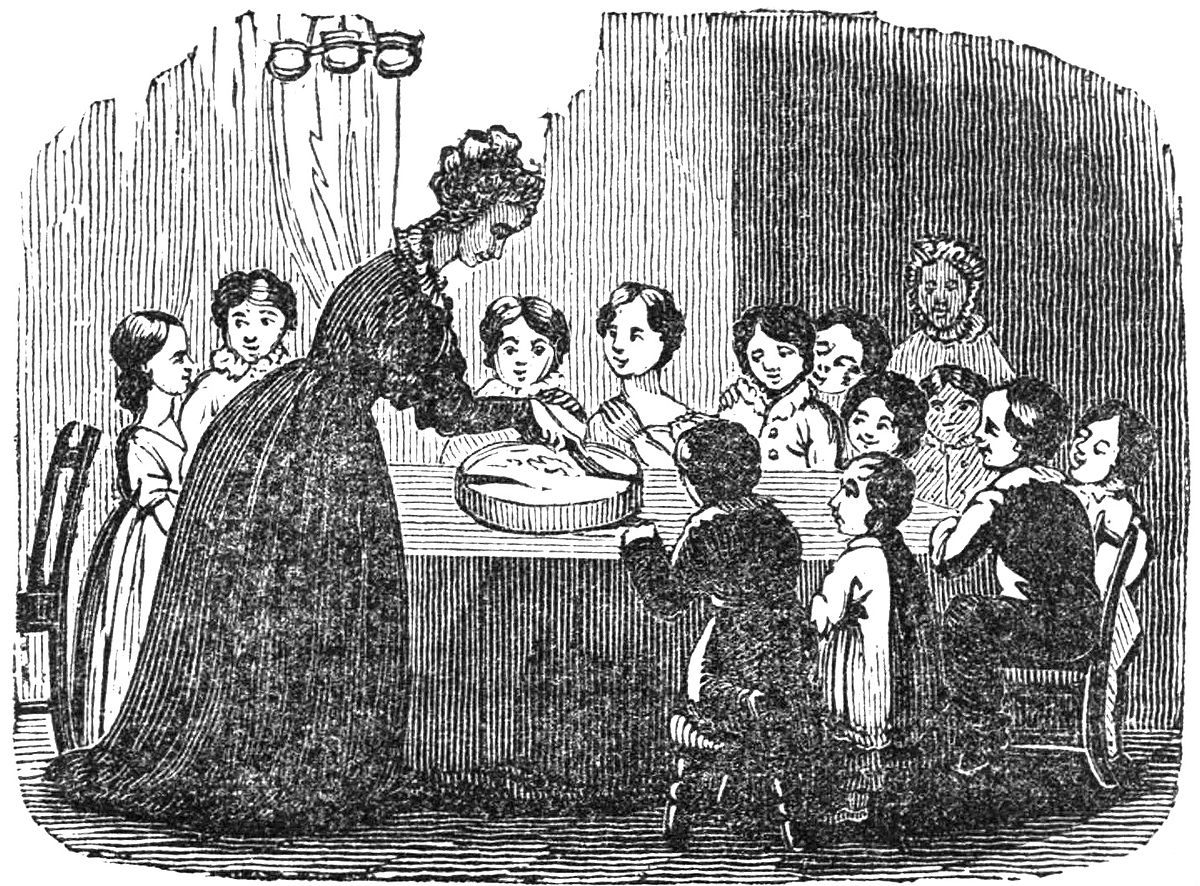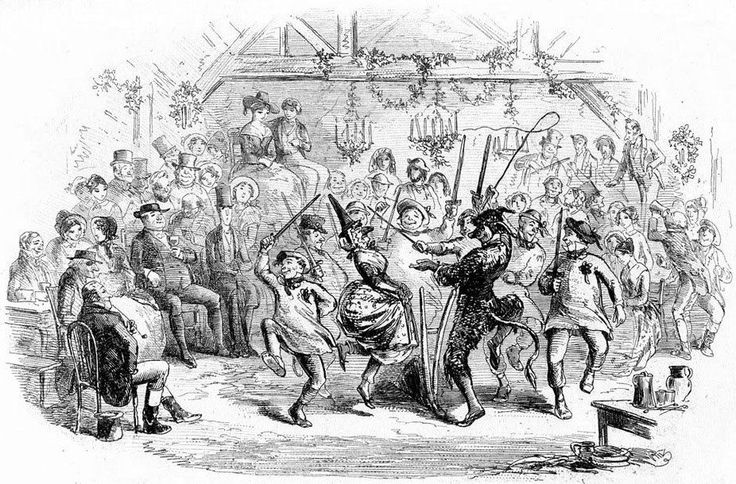Twelve Days of Christmas

The whole “Twelve Days of Christmas” song comes from the twelve days between Christmas Day and January 6th (Epiphany). In the Regency, Christmas was more of a religious celebration but Twelfth Night (either January 5th or January 6th—no one seems to agree which “night” it is) was a party. They had Twelfth Night Cake or what we call “king cake” in New Orleans. There were parlor games and balls, and a good time was had by all. Maybe that’s why the last four days of the song are about lords leaping, ladies dancing, pipers piping, and drummers drumming. Partay!!



